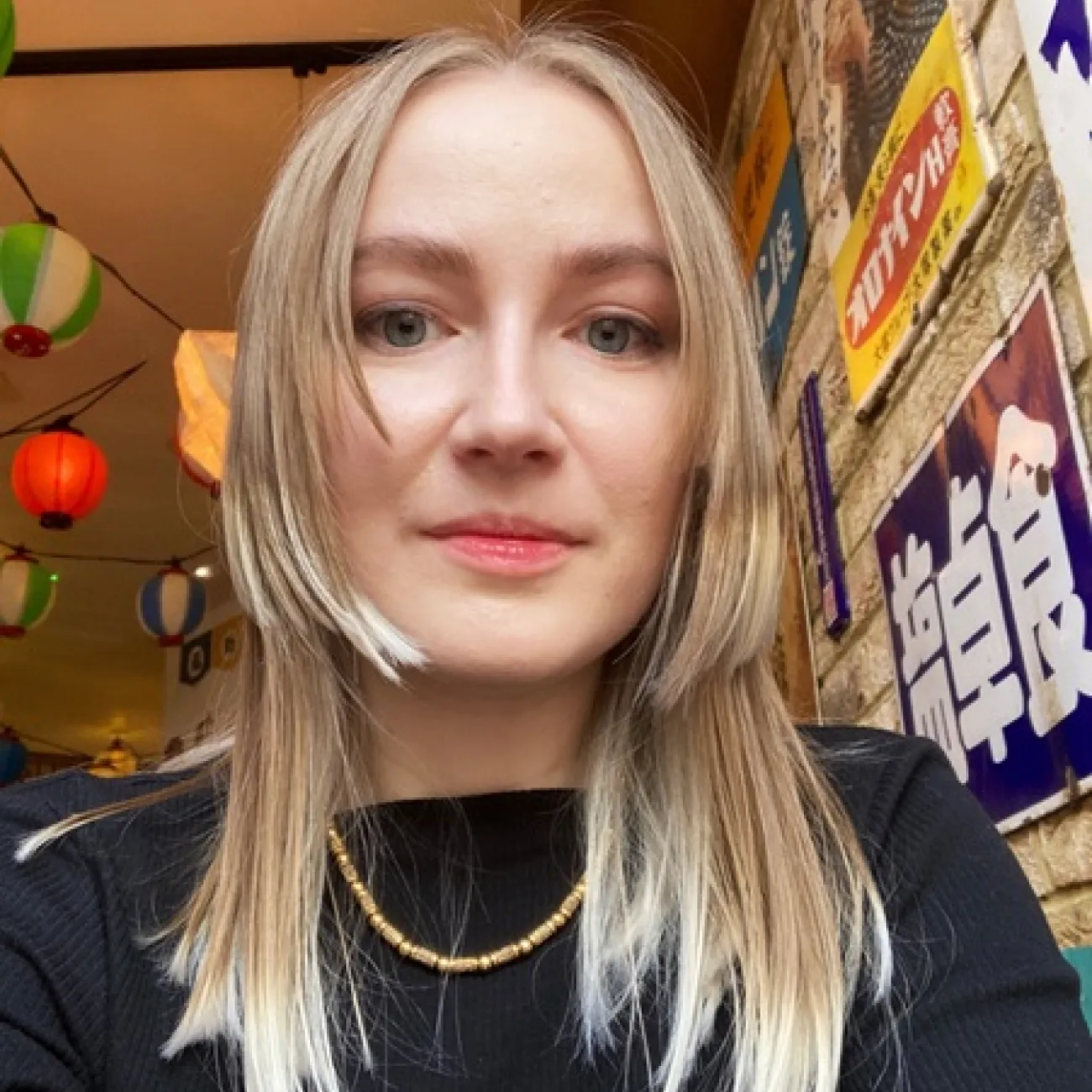About
Dr Alexandra (Sasha) Anikina is a researcher and media artist. She is a Senior Lecturer in Media Practices at Winchester School of Art (University of 网络彩票APP下载_澳客彩票网-官方游戏,), Programme Co-Lead for MA Global Media Management and Co-Director of Critical Infrastructures and Image Politics research group. Her work focuses on digital and algorithmic visual culture, imaginaries of technology and AI, feminist studies of science and technology, affective infrastructures and technological conditions of knowledge production, governance, labour and affect. She writes on a variety of audiovisual media and digital artefacts, including experimental film, algorithmic recommendation systems, games, screensavers and contemporary art. She is part of the Centre for the Study of the Networked Image.
As an artist, she works with experimental film, game engines and lecture-performances. Her work has been shown internationally, including VI Moscow Biennale of Contemporary Art; Haus der Kulturen der Welt, Berlin; Ga?té Lyrique, Paris; Anthology Film Archives, New York; NCCA Moscow; Korean Film Archive and Art Sonje Museum, Seoul; Sanatorium gallery, Istanbul; Krasnoyarsk Museum Biennale; Schusev State Museum of Architecture, Moscow; ar/ge kunst, Bolzano, Eye FilmMuseum, and others. Her artist portfolio can be found here.
Before joining Winchester School of Art, she taught at Goldsmiths, London South Bank University and King’s College London, and was Balzan Post-Doctoral Fellow at New Sorbonne University Paris 3 in 2021-2022. She was co-editor of Cosmic Shift: Russian Contemporary Art Writing (London: ZED Books, 2017, TLS Book of the Year 2017). She co-curated media art festival IMPAKT 2018 ‘Algorithmic Superstructures’ and was a Digital Earth Fellow in 2020-2021. Currently she is working on a monograph on procedural images, as well as on the themes of techno-animism and post-socialist necropolitics.
You can update this in Pure (opens in a new tab). Select ‘Edit profile’. Under the heading and then ‘Curriculum and research description’, select ‘Add profile information’. In the dropdown menu, select - ‘About’.
Write about yourself in the third person. Aim for 100 to 150 words covering the main points about who you are and what you currently do. Clear, simple language is best. You can include specialist or technical terms.
You’ll be able to add details about your research, publications, career and academic history to other sections of your staff profile.
